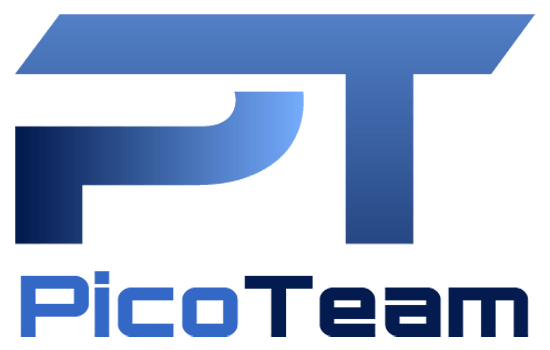Biosharing: Digital Platform for Sharing laboratory Animals and Biological Materials
Laboratory animal research is a critical component of biomedical research, as it allows researchers to understand the mechanisms of diseases and develop new treatments. However, conducting laboratory animal research can be challenging and time-consuming, and requires significant resources.
The utilization of animals in research is crucial for enhancing the depth and quality of scientific inquiry. Reports indicate that millions of animals from various species are used for scientific purposes each year. As a result, scientists face the difficult challenge of balancing the need to use animals in research with the imperative to safeguard their welfare.
The high number of animals used challenges researchers to find new methods to reduce the number of animals without compromising the quality of data. To meet these objectives, there are various methods available, such as improving information collection, using appropriate statistical analysis, determining the minimum number of animals required for an experiment, and more. One effective way to achieve reduction is to reuse animals in multiple independent experiments.
There is considerable surplus of animal biological material, such as whole animals, by-products, generated from most animal studies. Proper utilizing of these valuable resources could result in more extensive protection of research animals. Performing multiple procedures on an animal can significantly reduce the total number of animals used in scientific experiments.
While most research facilities now reuse animals, excess animal biological resources often go underutilized due to a lack of technical solutions that make them easily accessible and visible to research staff. The PicoTeam digital platform aims to address these challenges by facilitating efficient sharing of information about available animals and biological resources within and between animal laboratories.
The digital platform has numerous benefits for research staff. It promotes ethical research practices by preventing the disposal of excess animal biological material and the use of animals solely for harvesting a single organ. It also has the potential to foster new collaborations among research staff, reduces duplication of effort and reduces both time and costs by sharing data and resources through the digital platform.
Sharing surplus animal biological resources can also benefit research staff in many other ways. It can decrease the length of animal acquisition and housing costs, provide access to exotic and specialized animals that would otherwise be challenging to obtain, and offer access to ready-to-use animals with valuable prior training and acclimation.
In summary, the digital platform is a valuable tool that enables research staff to make more efficient use of animal biological resources, improving the quality of research. As the scientific community continues to develop new technologies and tools, digital platforms will undoubtedly play an increasingly important role in laboratory animal research.


